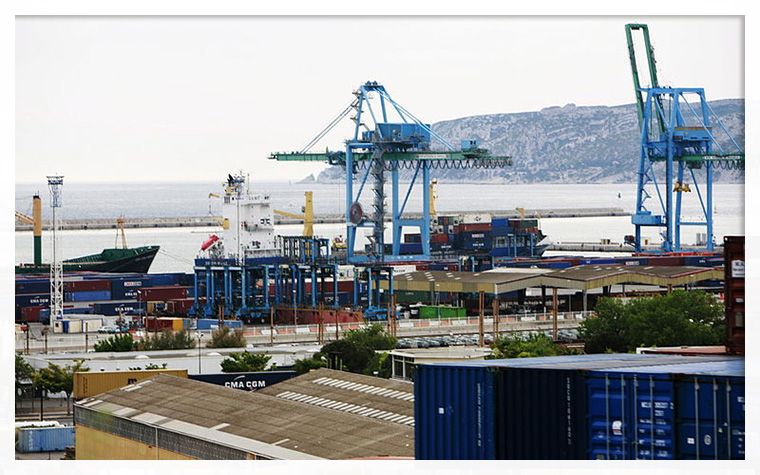
Port illegalisms in Marseilles. Milestones for a genealogy of the Mediterranean bazaar
From the abundant work on the galley array and the role of galley workers in the development of an informal economy developed by said galley workers and their contemporary involvement in the nascent industry (soap factories, oil mills in particular), to our work on the very contemporary development of the Algerian and African bazaar in the Belsunce/Noailles district, few historians or anthropologists have focused on informality in port activities and the management of the economic illegality that is the norm, from « perruques » (wigs) i.e. the removal of goods from the stocks and flows of goods by cargo handlers, to the commercial channels and transit organised informally by sailors and navigators. We make the hypothesis that, if the birth and development of transnational ethnic trade in the city, the great bazaar, is inseparable from the migratory dynamics of which the city is the crucible, it is just as economically dependent on the organisation in the trades and port worlds, on these economic illegalisms which, everywhere, characterise port worlds.
The objective of this exploratory project ILLEPORT is therefore to verify the relevance of this hypothesis, by searching in archives as well as in the individual and collective memory of the maritime worlds, the traces left by these illegalisms and their mode of organization.
Coordination of the project
Project leaders: Xavier Daumalin (TELEMMe), Michel Peraldi (LEST)
Duration
October 2020 to March 2022

